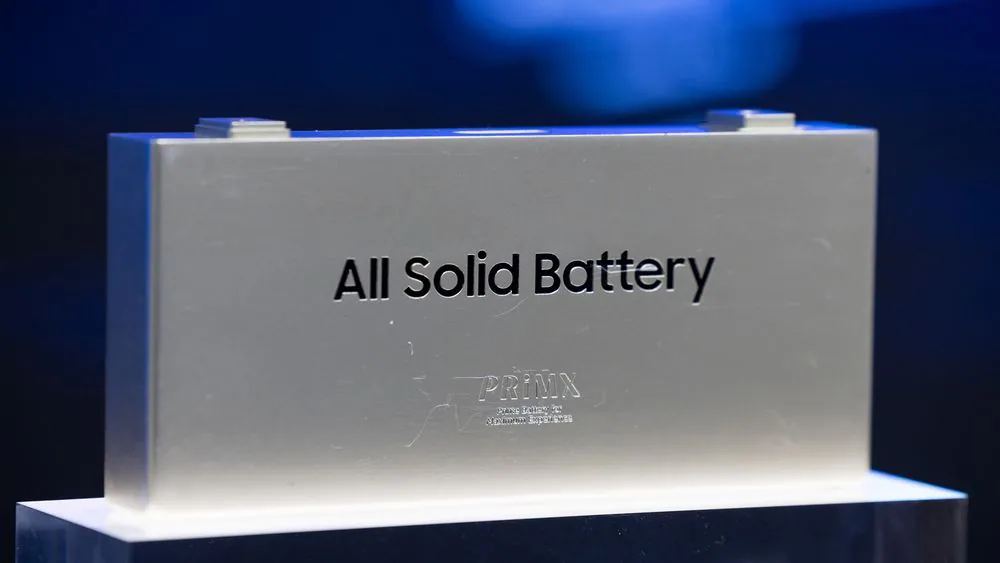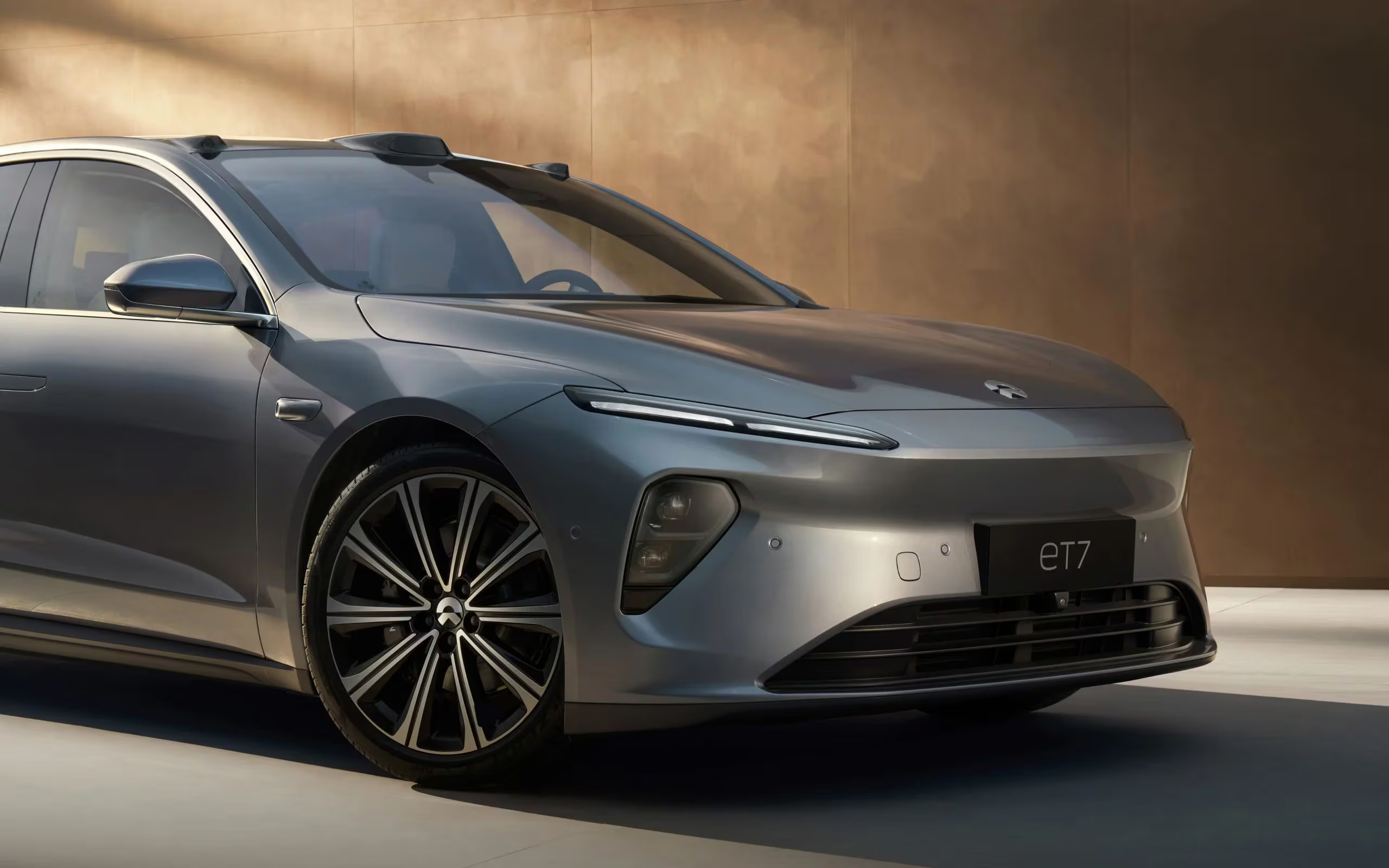Solid-state batteries are frequently mentioned as the next big thing in the evolution of electric vehicles (EVs). While the technology might sound futuristic, its development is well underway. These advanced batteries promise to enhance the performance, safety, and appeal of EVs, offering solutions to some of the limitations of today’s lithium-ion technology. The key question remains: how soon will they be available, and how will they transform everyday driving?
Progress Toward Adoption
Automakers are investing heavily in bringing solid-state batteries to the market, but widespread availability is still a few years off. Experts predict these batteries could start appearing in EVs by 2030. This timeline may seem distant, but with innovation cycles accelerating and substantial funding fueling research, achieving this milestone feels increasingly feasible. Solid-state technology is no longer just an idea—it’s rapidly moving closer to reality.

Benefits of Solid-State Batteries
Solid-state batteries promise significant improvements over current technology. They offer longer driving ranges, faster charging times, enhanced safety, and extended lifespans. The batteries are also lighter, boosting vehicle efficiency and reducing tire wear. These advantages address common concerns about EVs, such as range anxiety and maintenance, making the transition to electric vehicles more appealing for consumers.
Challenges to Overcome
Despite their potential, solid-state batteries face hurdles, particularly in terms of cost and scalability. Manufacturing these batteries is expensive, and ramping up production for mass-market use is complex. Additionally, rigorous performance testing is needed to ensure they can handle daily driving demands. These challenges highlight why the technology isn’t yet widely available and why ongoing investment and development are critical.
When solid-state batteries reach the market, they could revolutionize the EV industry and beyond. Their reduced costs over time and lower environmental impact make them a compelling choice for manufacturers and consumers alike. As competition drives further innovation, EVs will become more accessible and sustainable. Solid-state technology represents a transformative step forward, setting the stage for a safer, greener, and more efficient future in transportation.

